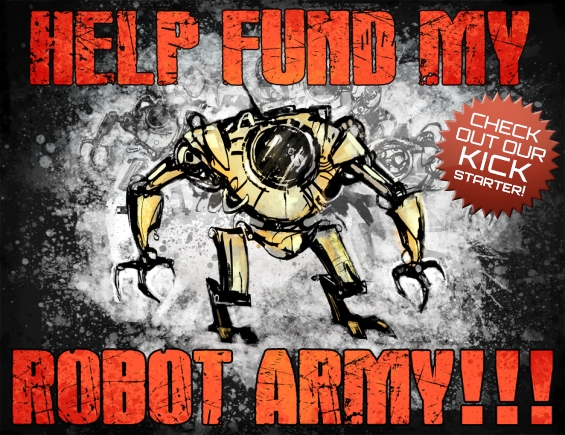In July 2013, I served as the “editor-in-residence” for the Codex Writing Group, which meant basically I was asking a month-long AMA (“Ask Me Anything”) interview. With Codex’s permission, I’m re-posting the Q&As here on my blog. The questions were all provided by members of Codex.
***
I’ve often wondered how editors feel about serial stories/shared worlds. Obviously, short stories need to stand on their own, but I’m always paranoid that editors will see a unified setting that they’ve rejected before and think, “Oh, god, not again.” I’m aware that this is probably a fairly self-centered interpretation of what goes on behind the screen, but still: Do you ever feel this way? Do you prefer seeing writers create a broader collection or stories, or do you just take each one as its own thing? Or do you rarely even notice?
I can’t speak for all editors obviously, but personally I *like* series stories. Obviously not all the time–I wouldn’t want Lightspeed to be comprised of nothing but different series stories–but I really enjoy serial story telling (which is probably why I enjoy ambitious TV like Breaking Bad and The Wire so much). A series of short stories is probably my favorite way of consuming such serial stories.
I’ve actually got a couple of series going in Lightspeed:
Carrie Vaughn’s “Aetherian Revolution” stories
Sean Williams’s “Twinmaker” storiesMatthew Hughes’s “Kaslo Chronicles” stories
Marc Laidlaw’s “The Tales of Gorlen Vizenfirthe”
I actually just started “Series Archive” pages for such stories, so that it’ll be easier to find the other stories in the series if you want to read the others. If you click through those links above, that’ll take you there. The Twinmaker series only has the one story so far, so it’s not a true series yet, but the next one is coming up in August, and I have two others in inventory.
Speaking of Matthew Hughes, he’s one of the reasons I really fell in love with series short fiction. Back when I was working at F&SF, he wrote a series of stories about Henghis Hapthorn, Old Earth’s Foremost Freelance Discriminator (a Sherlock Holmes type), which were these “Dying Earth” type science-fantasy stories, in a universe where every several thousand years, the fundamental ground rules of the universe arbitrarily switch between rational cause-and-effect and “sympathetic association” (which is vulgarly known as “magic”). So I’m really excited to be able to do publish this new series by him in Lightspeed.
Obviously, though, not all series are going to work for me. There are some stories I like the first one, but then the author tries me again with another, and it doesn’t quite work for me, or maybe I just don’t necessarily want a whole series of stories in that vein, etc. It’s all a case by case basis. I have on occasion, though, encouraged authors to write more stories set in a milieu of theirs.
***

From October 1 – October 31, I’ll be running a Kickstarter campaign for a new project called HELP FUND MY ROBOT ARMY!!!, an anthology of improbable, futuristic, magical, & alternate-world crowdfunding projects. Please check it out, consider backing it, and, if you’re so inclined, spread the word!
Read More



